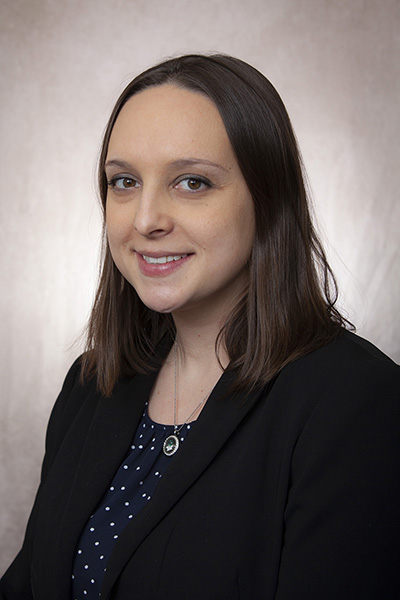- Apply
- Visit
- Request Info
- Give



Published on September 29, 2021

Eastern Connecticut State University was recently selected to participate in an Association of American Colleges and Universities (AAC&U) project to accelerate the development and adoption of open educational resources (OER) as a strategy for improving educational quality and equity and supporting student success. Funding for the project totals $522,757.
OER are educational materials that are free for faculty and students to use, customize and share. The implementation of OER at Eastern can help students to overcome financial obstacles to accessing course resources and reduce gaps in student performance.
“AAC&U partners with institutions across the global higher education landscape to support OER development and implementation,” said AAC&U President Lynn Pasquerella. “We are grateful to the Davis Educational Foundation and the William and Flora Hewlett Foundation for enabling us to expand this work by launching two new OER projects.”
Eastern received approximately $35,000 of the first award, a three-year grant for $372,757 to enhance integrative learning using OER. Before, OER was generally designed to help faculty identify, create and deploy free or low-cost educational resources for students and faculty. This grant provides support for Eastern to develop teaching guides, sample course syllabi and sample assignments.

“These materials will be made available to all faculty through the development of a SharePoint site focused on faculty-facing education resources that emphasize integrative learning,” said Political Science Professor Courtney Broscious, who serves as the grant’s project manager. “The project also will work with faculty engaged in OER to think about ways to increase faculty buy-in to use OER and engage in open pedagogy.”
Eastern sent a team to the July kick-off of AAC&U’s OER institute. The team included Broscious; Brianna Halladay, assistant professor of economics and finance; Psychology Professor Kristi Salters-Pedneault; interim Dean of Arts and Sciences Patricia Szczys; and Niti Pandey, interim dean of education and professional studies. The project will shift this academic year to engage faculty in the development of materials and support development of the University’s new liberal arts curriculum.
Even though the AAC&U’s second award of $150,000 from the William and Flora Hewlett Foundation, does not directly support Eastern, its goals are aligned with Eastern’s diversity, equity and inclusion (DEI) goals for connecting and integrating OER initiatives with wider campus DEI initiatives. The framework is also aligned with campus efforts to move beyond the adoption of OER as only an affordability tool, and toward aligning OER with anti-racism policies, equity-centered teaching and student success initiatives that seek to address the systemic barriers that perpetuate inequities on campuses and in communities.
Broscious was a member of the Critical Thinking Task Force, which was funded by a Davis Educational Foundation Grant under the leadership of Theatre Professor David Pellegrini. She said this current project builds on the approach Pellegrini developed by providing opportunities for faculty to learn from each other and their innovative pedagogical practices for others to modify and implement across disciplines.
Nicholas Simon, assistant professor of sociology, has a storied involvement with OER and is delighted with the upgrade the new grant offers Eastern’s practical, liberal arts education and open pedagogy.
“Instead of only adopting free material, we can, with the help of our students, transform these materials using all the skills of a liberal arts education, especially critical thinking. By creating new materials with our students, we are helping them to develop the many different liberal arts skills that will benefit them for the rest of their life. They will also be able to discuss this creation in a job interview, which supports the commitment of our institution to employability.”
Written by Dwight Bachman